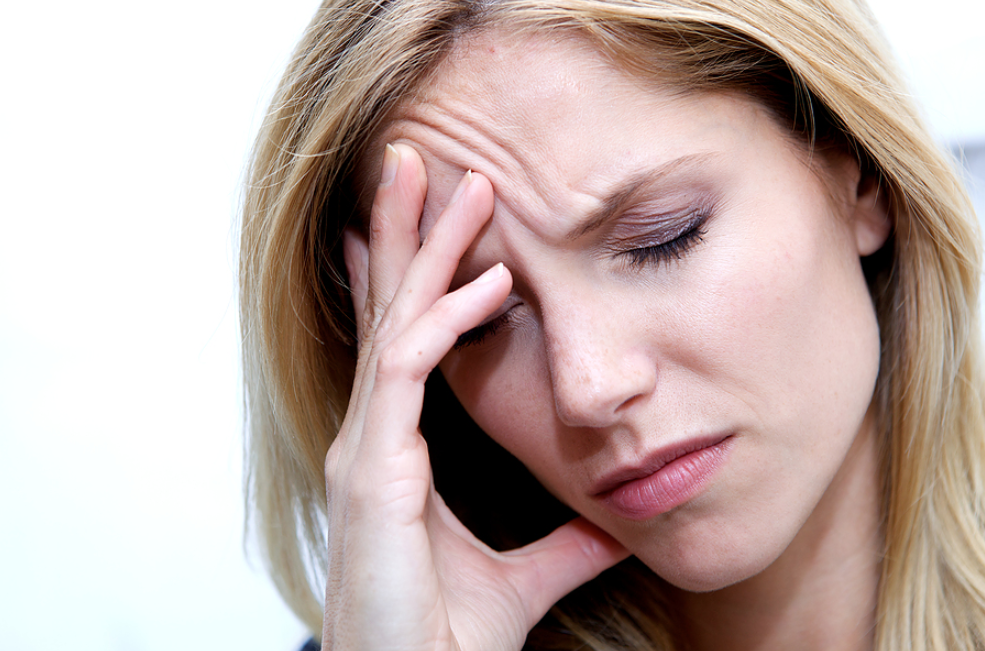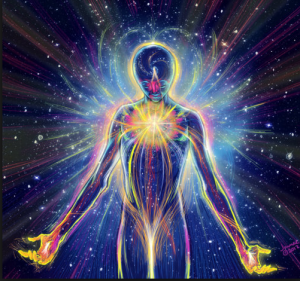1. �Why “Work-Life” Balance Is A Myth
Meet Linda and Jim, who consulted me for psychotherapy.� Linda is a lawyer with a large firm; Jim heads a major trade association.� They told me they�re totally committed to their marriage and to being good parents.� But they also said it�s pretty hectic juggling all their responsibilities at work and at home They have two children of their own plus a child from her former marriage. Dealing with the logistics of daily life, to say nothing of the emotional challenges, makes it �hard just to come up for air,� Linda said.� Sound familiar?
Or listen to Bill, a 43-year-old who initially consulted me for help with some career challenges.� Before long, he acknowledged that he�s worried about the �other side� of life. He�s raising two teenage daughters and a younger son by himself � one of the rising numbers of single fathers. �He�s constantly worried about things like whether a late meeting might keep him at work. He tries to have some time for himself, but �it�s hard enough just staying in good physical health, let alone being able to have more of a �life,� � he said. Recently, he learned he has hypertension.
It�s no surprise that these people, like many I see both in my psychotherapy practice and my workplace consulting, feel pummeled by stresses in their work and home lives. Most are aware, at least dimly, that this is unhealthy � that stress damages the body, mind and spirit. Ten years ago, a report from the U.S. Department of Health and Human Services, found that 70 percent of all illness, physical and mental, is linked to stress of some kind.� And that number has probably increased over the last decade. �Much of this stress comes from struggling with the pressures of work and home � and trying to �balance� both. The problem seems nearly universal, whether in two-worker, single-parent or childless households.
I think these conflicts are so common because people have learned to frame the problem incorrectly to begin with. That is, there�s no way to balance work life and home life, because both exist on the same side of the scale � what I call your �outer� life. On the other side of the scale is your personal, private life � your �inner� life. Instead of thinking about how to balance work life and home life, try, instead, to balance your outer life and inner life.
The Other Balancing Act
Let me explain. On the outer side of the scale you have the complex logistics and daily stresses of life at both work and home � the e-mails to respond to, the errands, family obligations, phone calls, to-do lists and responsibilities that fill your days. Your outer life is the realm of the external, material world. It�s where you use your energies to deal with tangible, often essential things. Paying your bills, building a career, dealing with people, raising kids, doing household chores, and so on. Your outer life is on your iPhone, BlackBerry, or your e-calender.
On the other side of the scale is your internal self.� It�s the realm of your private thoughts and values.� Your emotions, fantasies, spiritual or religious practices.� Your capacity to love, your secret desires, and your deeper sense of purpose.� In short, it embodies who you are, on the inside.� A �successful� inner life is defined by how well you deal with your emotions, your degree of self-awareness , and your sense of clarity about your values and life purpose.� It includes your level of mental repose:� your capacity for calm, focused action and resiliency that you need in the face of� your frenetic, multitasking outer life.
If the realm of the inner life sounds unfamiliar or uncomfortable to you, this only emphasizes how much you � like most peple � have lost touch with your inner self. �You can become so depleted and stretched by dealing with your outer life that there�s little time to tend to your mind, spirit or body. Then, you identify your �self� mostly with who you are in that outer realm. And when there�s little on the inner side of the scale, the outer part weighs you down. You are unbalanced, unhappy and often sick.
When your inner life is out of balance with your outer, you become more vulnerable to stress, and that�s related to a wide range of physical damage.� Research shows that heart attacks, stroke, hypertension, diabetes, a weakened immune system, skin disorders, asthma, migraine, musculoskeletal problems � all are linked to stress.
More broadly, when your inner and outer lives become unbalanced, your daily functioning is affected in a range of ways, both subtle and overt. When operating in the outer world � at work, for example, or in dealings with your spouse or partner � you may struggle with unjustified feelings of insecurity and fear. You may find yourself at the mercy of anger or greed whose source you don�t understand. You may be plagued with indecisiveness or revert to emotional �default� positions forged during childhood, such as submissiveness, rebellion or self-undermining behavior.
Even when you�re successful in parts of your outer life, neglecting the inner remains hazardous to your psychological and physical health. Without a developed inner life, you lose the capacity to regulate, channel and focus your energies with awareness, self-direction and judgment. �Personal relationships can suffer, your health may deteriorate and you become vulnerable to looking for new stimulation from the outer-world sources you know best � maybe a new �win,� a new lover, drugs or alcohol.
And that pulls you even more off-balance, possibly to the point of no return. The extreme examples are Continue reading →






